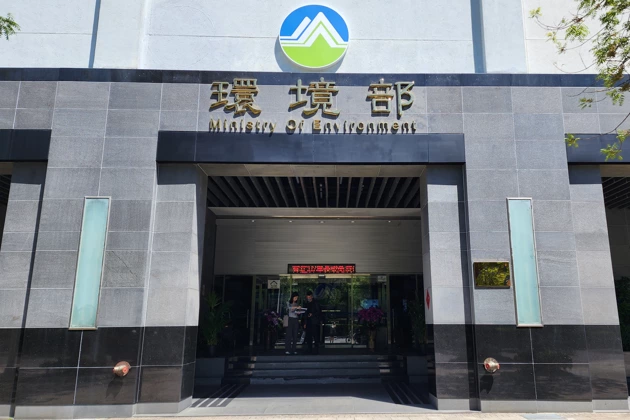Taiwan's Phase Two Commitment to Clean Transportation
2024/03/25 | By Andrew Hsu
To enhance air quality and safeguard public health and living conditions, Taiwan's Ministry of Environment has initiated the second phase of its air pollution prevention program. This phase involves expanding electric vehicle charging stations across various regions. Eight county and city governments, including New Taipei City and Taoyuan City, have been selected, with nearly 500 publicly owned sites set to receive subsidies. These efforts aim to expedite the deployment of charging infrastructure, leading to reduced air pollution and carbon emissions.
In the second phase of air pollution prevention, the Ministry of Environment is gearing up to invest a substantial 7.9 billion NTD over the next four years. This year alone, an estimated 500 million Taiwan dollars will be channeled into subsidizing local government charging stations. Eight counties and cities, including New Taipei City, Taoyuan City, Chiayi County, Chiayi City, Tainan City, Kaohsiung City, Taitung County, and Kinmen Islands, are vying to become model regions as they propose comprehensive plans for evaluation.
The Ministry is meticulously assessing nearly 500 publicly-owned areas, such as parking lots, to gradually bolster the EV road network infrastructure. Additionally, the Ministry of Transportation and Communications is taking proactive steps to promote the installation of public charging stations at key transportation nodes. With an earmarked budget of nearly 1 billion NTD for 2023-2024, these initiatives, coupled with the Ministry of Environment's investment, are poised to inject at least 1.5 billion dollars into the EV ecosystem over the next two years.
The Ministry of Environment has highlighted the integration of the net-zero emission policy as a cornerstone of its second-phase program, with a strong focus on advancing green transportation. Apart from subsidizing local governments for charging station infrastructure, the Ministry is actively promoting the replacement of old vehicles. Moreover, the Executive Yuan has greenlit a plan to expedite the adoption of electric buses by 2030, underscoring the drive towards cleaner mobility solutions.
To bolster air quality, the Ministry has proposed a comprehensive NT$76.6 billion budget for the 2024-2027 period, with significant allocations directed towards state-owned entities like Taiwan Power Company, CPC Corporation, and China Steel Corporation. Of this sum, NT$65 billion is earmarked for enhancing manufacturing processes and improving pollution prevention equipment efficiency. Additionally, NT$7.9 billion has been allocated for electric bus subsidies and charging station installations. The Ministry of Economic Affairs (MOEA) is set to receive NT$1.8 billion for industrial counseling improvements and electric logistics vehicles, while the Ministry of Transportation and Communications, along with the Ministry of Agriculture, will jointly invest NT$1.9 billion in green transportation initiatives.




